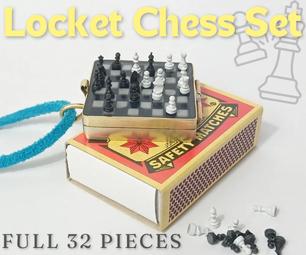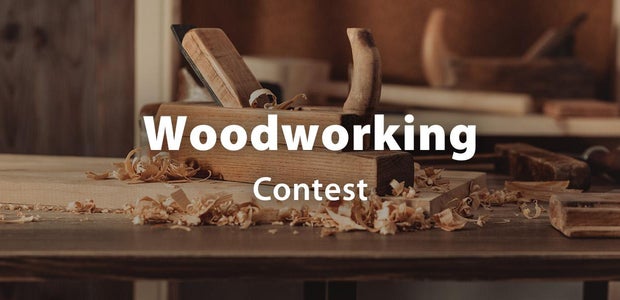Introduction: ETextile Connectable Needlework Tools: Crochet Hook
The Connectable Needlework Tools allow connecting a standard needlework tool like a seam ripper or crochet hook to the multimeter.
In eTextile work, this allows to observer the changes of electric qualities directly while working on the eTextile artefact.
This instructable shows the making of a Connectable Crochet Hook. I use a standard metal crochet hook and a custom 3D printed handle to connect the crochet hook to a mini banana plug at the end. You can use the handle also to mount another tip. For instructions on how to do that follow this instructable.
Supplies
- Metal Crochet Hook in the desired size (the 3D print is adjusted for thinner hooks, but can be adapted)
- 3D-printed Handle (.stl file linked)
- Mini Banana Socket 2.6mm: e.g. https://www.conrad.at/de/p/schnepp-miniatur-labor...
Step 1: Step 1: Push the Crochet Hook Into the 3D Printed Handle
Depending on the quality of your 3D printer, you might want to sand the 3D print to have a smooth surface.
The 3D-printed handle has a bigger round hole on one side and a smaller oval-shaped hole on the other side.
Push the metal crochet hook backwards through the oval hole.
Step 2: Step 2: Add the Banana Socket
Push the crochet hook until you can see it at the other end, and it is only around 5 mm end to the end of the handle. Like this, the metal crochet hook can directly connect to the banana socket.
Srew the banana socket into the handle. Make sure the banana socket makes good contact with the crochet hook. This is important for the electric conductivity between the socket and the crochet hook.
Step 3: Step 3: Finish and Testing
The Connectable Crochet Hook is now finished!
You can now connect your Connectable Crochet Hook to the multimeter via a Textile Cable with a Mini Banana Plug at the end. (You can get instructions on how to connect a Banana Plug here.)
In the picture, you see the Connectable Crochet Hook connecting to a resistive yarn, and the multimeter displaying the resistance.












